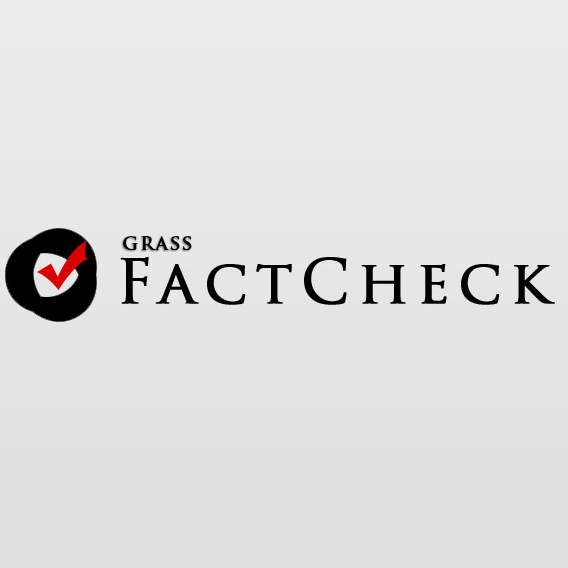Seiran Kiureghian: “Privacy of the vote is preserved in the elections”
Parliamentary elections will be held using electronic technologies on 26 October 2024. Voting using digital technologies does not mean remote elections as the voter must appear at the polling station. The electronic voting system established in Georgia involves the identification of voters at the polling station on the day of the election and the use of relevant technologies in the process of voting, counting and summarising. Notably, the privacy of the vote is preserved at all stages of the voting procedure.
The local broadcaster in Ninotsminda, Parvana TV, aired a story in which the chairman of the Ninotsminda District Commission, Seiran Kiureghian, discussed the use of technologies in the election procedure. His statement gave the audience the impression that the privacy of their vote is not ensured and it is recorded who voted for whom as soon as the ballot is placed in the ballot box. FactCheck’s regional analyst was contacted and asked to verify the information about the secrecy of the vote in response to Seiran Kiureghian’s claim.
The chairman of the Ninotsminda District Commission states (the broadcast has since been removed): “As for the changes, elections will be held electronically in 19 out of the 35 local electoral precincts. The changes are huge. Special machines exist for registration in the case of the electronic system. Furthermore, when a voter throws a ballot into the ballot box, the vote is recorded to show who received the vote.” This statement was perceived by the audience as implying that it is possible to identify which voter voted for which electoral entity. However, whilst the electronic box confirms the receipt and registers the vote, in reality, it does not identify the details about the voter.
An audit of the use of digital technologies in the elections was conducted by Pro V&V, a USA-accredited company, as an initiative of the Central Election Commission. The audit report approves that the electronic voting process is carefully regulated and structured to ensure that the voter’s choice is not disclosed either legally or technically.
Voting privacy is ensured and no one will be able to access the details regarding the voters’ preferences. The ballot is covered by a frame form which the registrar hands to the voter along with the ballot. The voter must place the ballot in the electronic vote-counting machine in a way that the texts are on the bottom side, thus ensuring privacy.
The electronic vote-counting device is not connected to the internet. Additionally, there is no connection between the voter identification machine and the vote-counting device, further excluding establishment of a connection between the voter and the recorded vote.
It is impossible to associate ballots with specific voters. The QR code on the ballot is linked to the identification numbers of the electoral precinct and the polling station. Ballots contain neither specific numbering nor digital information that would potentially associate the voters with their votes.
Hence, the vote-counting machine cannot even technically identify whose vote is received or establish and remember the connection between a specific voter and the vote they cast at the moment of voting when the voter places the ballot in the ballot box. Furthermore, the device assigns the same date to each ballot rather than recording the exact time of receipt to exclude even the theoretical possibility of such a connection.
FactCheck’s regional analyst contacted the chairman of the Ninotsminda District Commission, Seiran Kiureghian. He stated that the privacy of the vote is indeed ensured, further explaining: “The part where I explain to the electorate that the secrecy of their vote is ensured was not included in the broadcast (was either not filmed or excluded from the story). Voters asked us if these technologies work in a way that when they record their vote, the device reflects who voted for which entity. I replied that no such thing was possible and that the privacy of the vote is preserved. That part of my statement was likely not filmed by journalists.”







